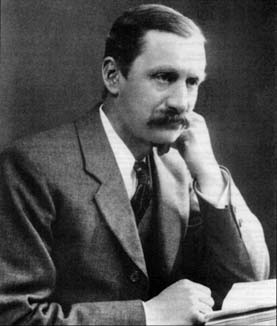- William Burnside
Infobox Scientist
name = William Burnside
caption = William Burnside
birth_date = birth date|1852|7|2
birth_place =London ,England
death_date = death date and age|1927|8|21|1852|7|2
citizenship = British
fields = Finite group theory
alma_mater =St John's College, Cambridge andPembroke College, Cambridge William Burnside (
July 2 1852 -August 21 1927 ) was an Englishmathematician . He is known mostly as an early contributor to the theory offinite group s.Burnside was born in London, and attended St. John's and Pembroke Colleges at the
University of Cambridge , where he wasSecond Wrangler in 1875. He lectured at Cambridge for the following 10 years, before being appointed professor of mathematics at theRoyal Naval College inGreenwich . While this was a little outside the main centers of British mathematical research, Burnside remained a very active researcher, publishing more than 150 papers in his career.Burnside's early work was in applied mathematics. This work was of sufficient distinction to merit his election as a fellow of the
Royal Society in 1893, though it is little remembered today. Around the same time as his election his interests turned to the study offinite group s. This was not a widely studied subject in late 19th century Britain, and it took some years for his work in this area to gain widespread recognition.The central part of Burnside's group theory work was in the area of
group representation s, where he helped to develop some of the foundational theory, complementing and sometimes competing with the work of Frobenius, who began the subject in the 1890s. One of his best known contributions to group theory is his "paqb" theorem (which shows that every finite group whose order is divisible by fewer than three distinct primes is solvable).In 1897 Burnside's classic work "Theory of Groups of Finite Order" was published. The second edition (published in 1911) was for many decades the standard work in the field. A major difference between the editions was the inclusion of character theory in the second.
Burnside is also remembered for the formulation of
Burnside's problem (which concerns the question of bounding the size of a group if there are fixed bounds both on the order of all of its elements and the number of elements needed to generate it) and forBurnside's lemma (a formula relating the number oforbits of apermutation group acting on a set with the number of fixed points of each of its elements) though the latter had been discovered earlier and independently by Frobenius and Cauchy.In addition to his mathematical work, Burnside was a noted rower; while he was a lecturer at Cambridge he also coached the crew team. In fact, his obituary in
The Times took more interest in his athletic career, calling him "one of the best known Cambridge athletes of his day".ee also
*
Burnside theorem External links
*MacTutor Biography|id=Burnside
*MathGenealogy|id=55188
Wikimedia Foundation. 2010.
